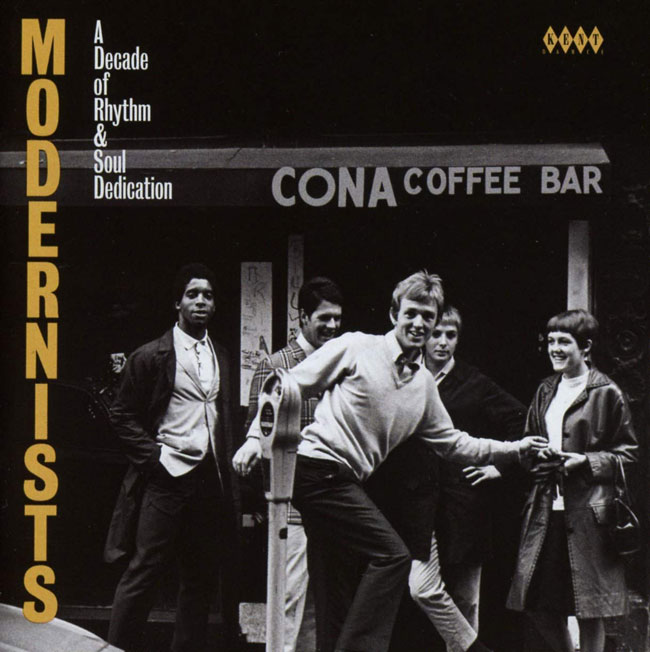
Coffee Bars, the unsung heroes of the 1960s Mod scene. Cappuccino Culture by Andrew Longcake explains why.
Just lay back, put The Miracles ‘Greatest Hits’ on the deck, close your eyes and drift back with me to a Saturday night circa 1962.
You’ve shaved and bathed. Your new mohair suit is hanging behind the bedroom door. Your American loafers are all polished up. The pleat in your ‘whiter than white’ shirt is so sharp you could cut your fingers on it. It takes you thirty minutes to dress. Every detail has to be right.
On the way out of the door, you just check yourself in the mirror in the hallway. Is that a speck of fluff on your shoulder? You take the bus into town, standing all the way as you can’t afford to crease the suit.
You get to The Scene. You go through the doors. And BANG! What’s happening. The place is full of low numbers and tickets. And what’s that platter on the decks. It’s…it’s…pop music. What’s happened. What’s gone wrong. Where’s the ‘in-crowd’? After all, it’s Saturday night and you always come to this club.
In fact, every Saturday follows the same ritual…
Think back. You went to the barber’s shop in the morning, as you do every fortnight. Then you spend an hour at the record bar in the market, thumbing through all the latest London and Pye releases. You bought yourself a copy of ‘Shop Around’ by The Miracles and a Chuck Berry single. Then you strolled up the High Street to Frank’s tailors. Picked up the new suit and made the last payment.
Then what did you do? Oh no! You rushed home to play your records…you didn’t go to the Coffee Bar!
In the fifties and sixties, the Coffee Bar was just about the most important place for any self-respecting Modernist to frequent. This was the place where all the plans for the weekend were made. It was where you found out what club was hot and what was ‘yesterday’s scene’. Here you found out where to get the latest American button-down shirts and what sounds were the latest floor fillers.
Every town and city had its ‘in’ Coffee Bars. Towards the end of the Sixties it was usually the Wimpy Bar with its bright orange and white plastic tables and chairs. All so modern (for the day). Some of the Coffee Bars had jukeboxes and pinball tables, some didn’t. One thing they all had in common was Espresso Coffee and an In Crowd.
Even Scunthorpe had it’s ’in places’. During the week and on Sunday evenings (when there were no dances) it was The Buccaneer. This was a very smart place which was (and still is) owned by a Greek family. There was no jukebox and it had a long bar and booths for the customers to sit in. It was dimly-lit and done out like an old galleon.
On Saturday afternoons (pre-Wimpy) the other ’in place’ was the cafeteria at the back of Littlewoods. This was before pedestrianisation and scooters would be parked nearly the full length of the high street.
There is a tale about one lad who’s nickname was ‘Ack-Ack’ riding his scooter through the front doors and out through the fire doors at the back of the store. I don’t know if that story is just folklore, but one tale about him WAS true. He used to have an old tin ashtray screwed to the headset top of his scooter (he thought it looked cool).
One sunny Saturday afternoon he and his group were just hanging around the high street talking and smoking. After an hour or so the ashtray got fairly full. When it was time for Ack-Ack to go, it was (as usual) at speed – straight off the stand. The ash flew out of the ashtray and straight into his face causing him to crash into a lamp post.
Coffee bars were not just restricted to Mods. Rockers too had their spots. These Cafes were usually the ‘greasy spoon’ type of place and always had a jukebox. The Scunthorpe Rocker Cafe was ‘Louisa’s’ on Doncaster Road – just around the corner from The Buccaneer. But unlike ‘Quadrophenia’ the only time that I’ve heard of these two factions of British youth culture fighting was a snowball fight on one cold winter’s day.
Today? Well, we don’t really congregate together like Mods of old. And when we do it’s usually at nightclubs or rallies. The Coffee Bar is now consigned to the back pages of Mod history.
No-one likes to be reminded of the many cold, wet nights sat just chatting and seeing how long a cup of coffee could last. No. It’s far more glamorous to talk about ‘The Scene’ and ‘The Flamingo’. But remember, if it wasn’t for the fact that you’d met Johnny Moke that afternoon in the Coffee Bar, how would you know that tonight was THE night.
If Mod was ever to resurface (like the music press periodically tells us it has done) we won’t be making our way to spend an afternoon sipping Espresso. Times have changed too much. We’ll all be down the pub. Cheers!
Big thanks to Andrew Longcake for allowing me to use this article. It dates back to the late 1990s and originally featured in the New Breed fanzine, which you might have read back then or read about in the recent Modzines book by Eddie Piller and Steve Rowland.
The fanzine was mainly written and run by Neil Henderson and Paul Welsby, two-thirds of the Hideaway Club team. Over time, I’m hoping to feature more material from the fanzine, including a number of interviews with some big names from Mod’s past. Keep an eye out for those.
Wondering about the image at the top of the page? That’s the Cona Coffee Bar, a noted Mod hangout in 1960s Manchester. It was a ‘stop-off’ to the original Twisted Wheel club in Brazenose Street, off Albert Square.
The 1965 image of it here has been used on a couple of albums, but the one I have featured is the must-have Modernists – A Decade Of Rhythm & Soul Dedication compilation from Kent, which you can pick up for under a tenner on CD.

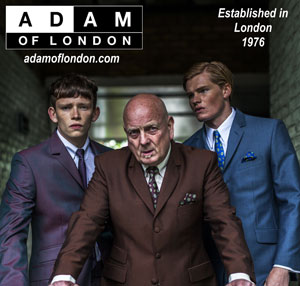

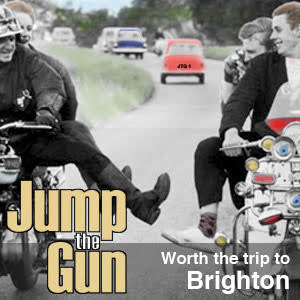
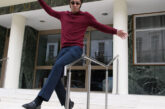
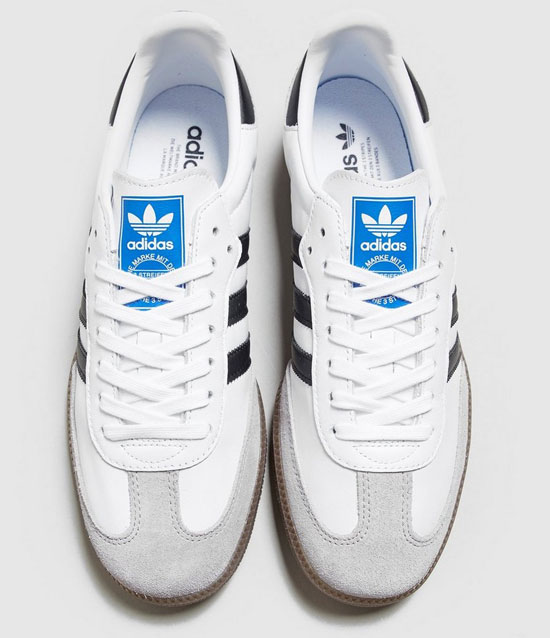
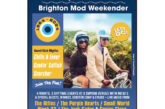
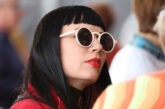
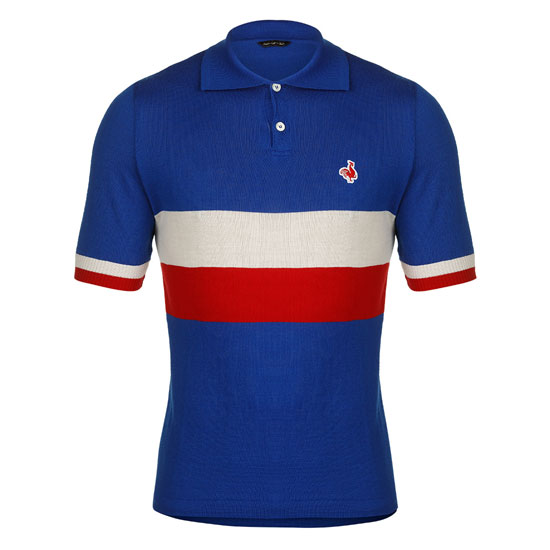
Very good and fun.